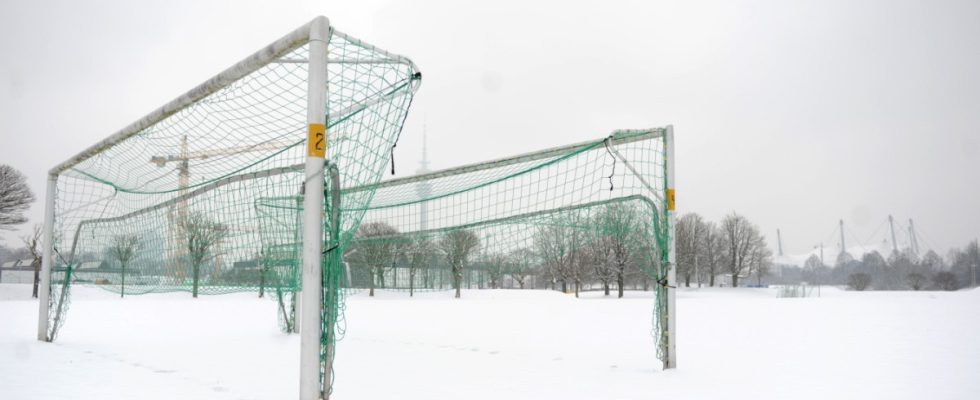In the dispute over the fundamental deletion of all restaurants in the renovation of municipal sports facilities, a compromise is emerging. The specialist spokespersons for the three major factions in the city council, the Greens, SPD and CSU, advocate examining each individual case. The tenor: Where there is a functioning restaurant and the clubs want it to continue to operate, the administration should make this possible. The responsible Department for Education and Sport (RBS) has to accept criticism for its information policy. “It wasn’t that good. That caused a lot of uncertainty,” said Beppo Brem, sports policy spokesman for the Green parliamentary group.
The city council had already decided on a renovation concept for municipal sports facilities on November 29, 2023. Some of the functional buildings date from the 1960s. There are often no changing rooms for women. Additional sports or gymnastics rooms are also required. In order to create the space for this, the RBS proposed and the city council decided that the restaurants would be eliminated and the facilities would be given a kiosk with a sales window that volunteers would run. The club chairmen of TSV Trudering and SV Helios Daglfing, who both use a district sports facility that is due for renovation, were dismayed at the loss. Both were also annoyed by the lack of communication from the administration.
This had already sent the landlords an email on December 4, 2023, in which they referred to the decision and informed them of the impending termination. This was confirmed by a spokesman for the department. At this point in time, no one had spoken specifically to the clubs of the three district sports facilities currently affected on Westpreußenstrasse, Feldbergstrasse and Demleitner Strasse. Appointments have been agreed for January and February, according to the RBS. In mid-January, the department stated in a statement: “A fundamental abolition of catering services was not proposed.” It then referred to other catering models for the sports facilities and an exception for the deletion of restaurants.
For the CSU state parliament member Robert Brannekämper, the RBS and its boss Florian Kraus (Greens) are distorting the facts. “It is a matter of outright misleading and deceiving the public,” said Brannekämper. “You really have to ask yourself whether the Green Party’s professional city council will still be viable in the future!” The speaker mentioned, Kraus, rejected the harsh criticism. “All steps leading up to the city council decision were transparent. I can’t see where there could be any deception here.”
In fact, the sports advisory board, representing the clubs, and the Bavarian State Sports Association (BLSV) have approved the renovation concept. They welcome the upgrading of the facilities. The clubs that use them do the same, but they don’t want to lose their restaurants as social meeting places and centers of club life. Mayor Dieter Reiter (SPD) has signaled support for them, and the sports experts from the major city council factions are now following suit.
The exception created in the restructuring decision is now interpreted as an order for the RBS to examine each individual case. “Where the clubs want it, the restaurants must be preserved,” said SPD city councilor Nikolaus Gradl. If possible, the landlords should be offered a temporary solution for the renovation period. Some clubs would rather have their own kiosk, some restaurants, that would have to be “decided on a case-by-case basis,” said CSU colleague Ulrike Grimm. Green city councilor Brem brought up a possible handover of the restaurant on a leasehold basis to the clubs. He also likes the mayor’s internal proposal to make greater use of building rights in order to preserve restaurants and still create space for new cabins or sports rooms. But he sees a problem: there is currently no financing for this given the tight budget situation.

